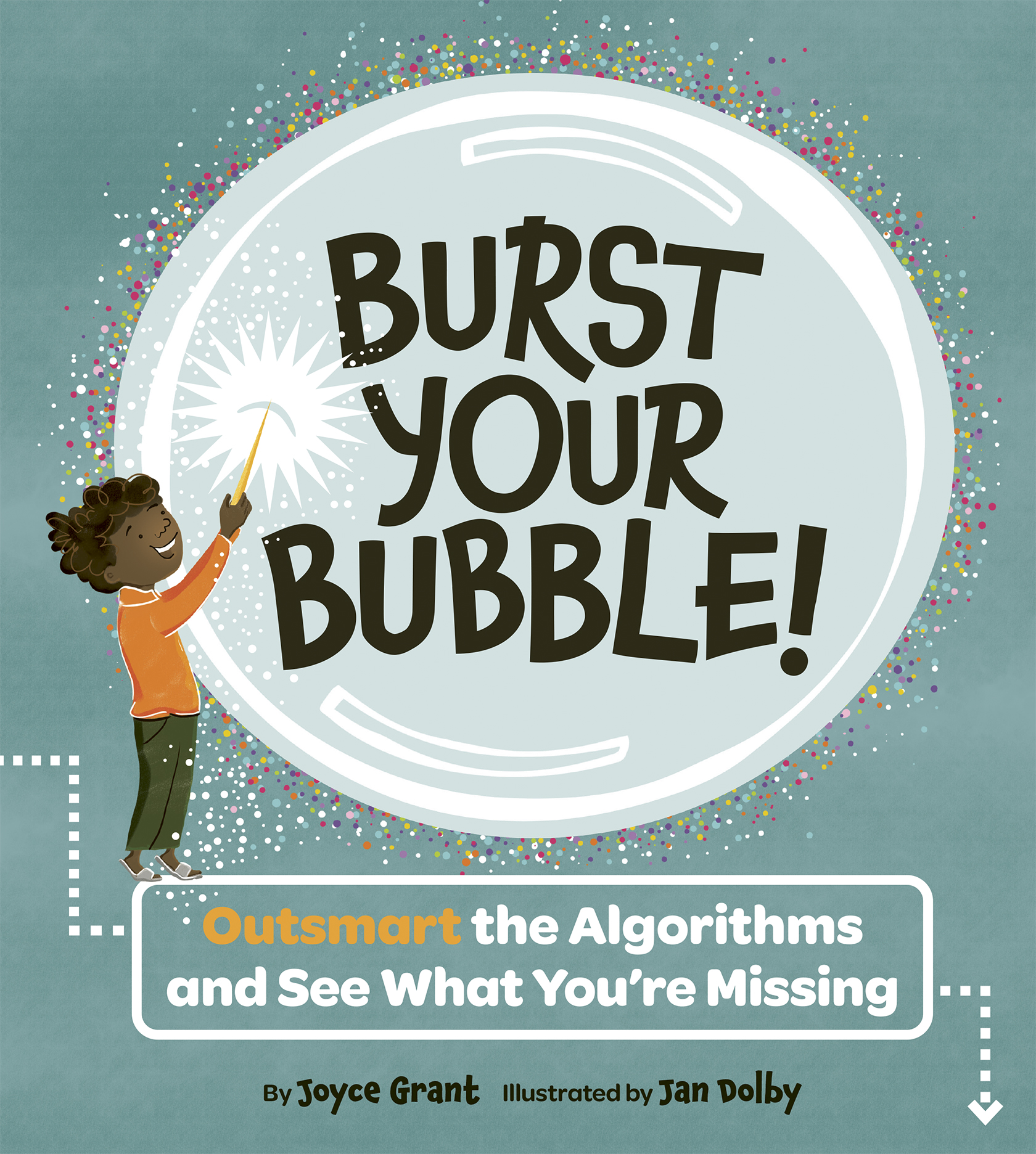Hurricane Matthew has been downgraded to a Category 1 Hurricane, according to The Weather Channel’s website.
That means that weather experts believe that much of its destructive power is lessening.
That’s good news for more than a million people in Florida, Georgia and North and South Carolina, who were forced to flee the storm.








